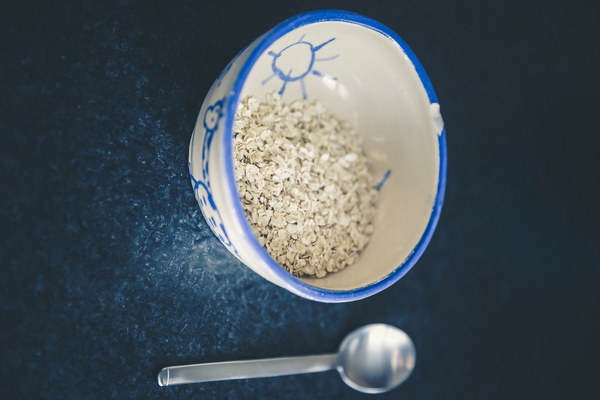The Ultimate Guide to Skincare Unveiling the Truth Behind Beauty Issues and Solutions
In the vast world of skincare and beauty, navigating through the myriad of products and treatments can be overwhelming. A recent analysis report on skincare and beauty issues sheds light on common problems faced by consumers and offers practical solutions. This comprehensive guide delves into the key findings of the report, providing you with the ultimate insights into the world of skincare.
Understanding Common Skin Issues
The report highlights several prevalent skincare issues, including acne, hyperpigmentation, dehydration, and aging. Let's take a closer look at these problems and how they can be addressed.
1. Acne
Acne is a common concern for many, with factors like hormones, genetics, and diet playing a significant role. The report suggests using a combination of benzoyl peroxide, salicylic acid, and retinoids to treat acne. Additionally, maintaining a clean and oil-free skin regimen, and incorporating a gentle cleanser and toner into your routine, can help keep acne at bay.
2. Hyperpigmentation
Hyperpigmentation, characterized by dark spots or patches on the skin, can be caused by various factors, including sun exposure, acne, and hormonal changes. The report recommends using a combination of vitamin C, hydroquinone, and niacinamide to lighten hyperpigmentation. It is crucial to protect your skin from the sun by applying a broad-spectrum sunscreen with an SPF of 30 or higher daily.

3. Dehydration
Dehydration can leave your skin looking lackluster and dull. The report suggests incorporating hydrating ingredients such as hyaluronic acid, glycerin, and ceramides into your skincare routine. Drinking plenty of water and using a moisturizer with SPF during the day can help combat dehydration and maintain skin hydration.
4. Aging
As we age, our skin loses elasticity and becomes more prone to fine lines and wrinkles. The report emphasizes the importance of using antioxidants, such as vitamin C and vitamin E, to protect the skin from environmental damage. Additionally, incorporating retinoids and peptides can stimulate collagen production, helping to diminish the appearance of fine lines and wrinkles.
Effective Skincare Routine
The report emphasizes the importance of a consistent skincare routine in addressing beauty issues. Here is a suggested daily routine based on the report's findings:
Morning Routine:
1. Cleanse the face with a gentle cleanser suitable for your skin type.
2. Apply a toner to balance the skin's pH levels.
3. Use a broad-spectrum sunscreen with an SPF of 30 or higher.
4. Apply a moisturizer with a hydrating ingredient, such as hyaluronic acid.
Evening Routine:
1. Cleanse the face with a gentle cleanser suitable for your skin type.
2. Apply a toner to balance the skin's pH levels.
3. Use a targeted treatment, such as a vitamin C serum or a retinoid, if needed.
4. Apply a moisturizer with a hydrating ingredient, such as hyaluronic acid.
Conclusion
The skincare and beauty industry is vast, and it can be challenging to find the right products and treatments for your unique skin concerns. This report serves as an invaluable resource, providing practical insights into common skincare issues and their solutions. By following the guidelines and recommendations outlined in this guide, you can take control of your skincare routine and achieve healthier, more radiant skin. Remember, consistency is key, and with the right products and practices, you can transform your beauty regimen and unlock your skin's true potential.









